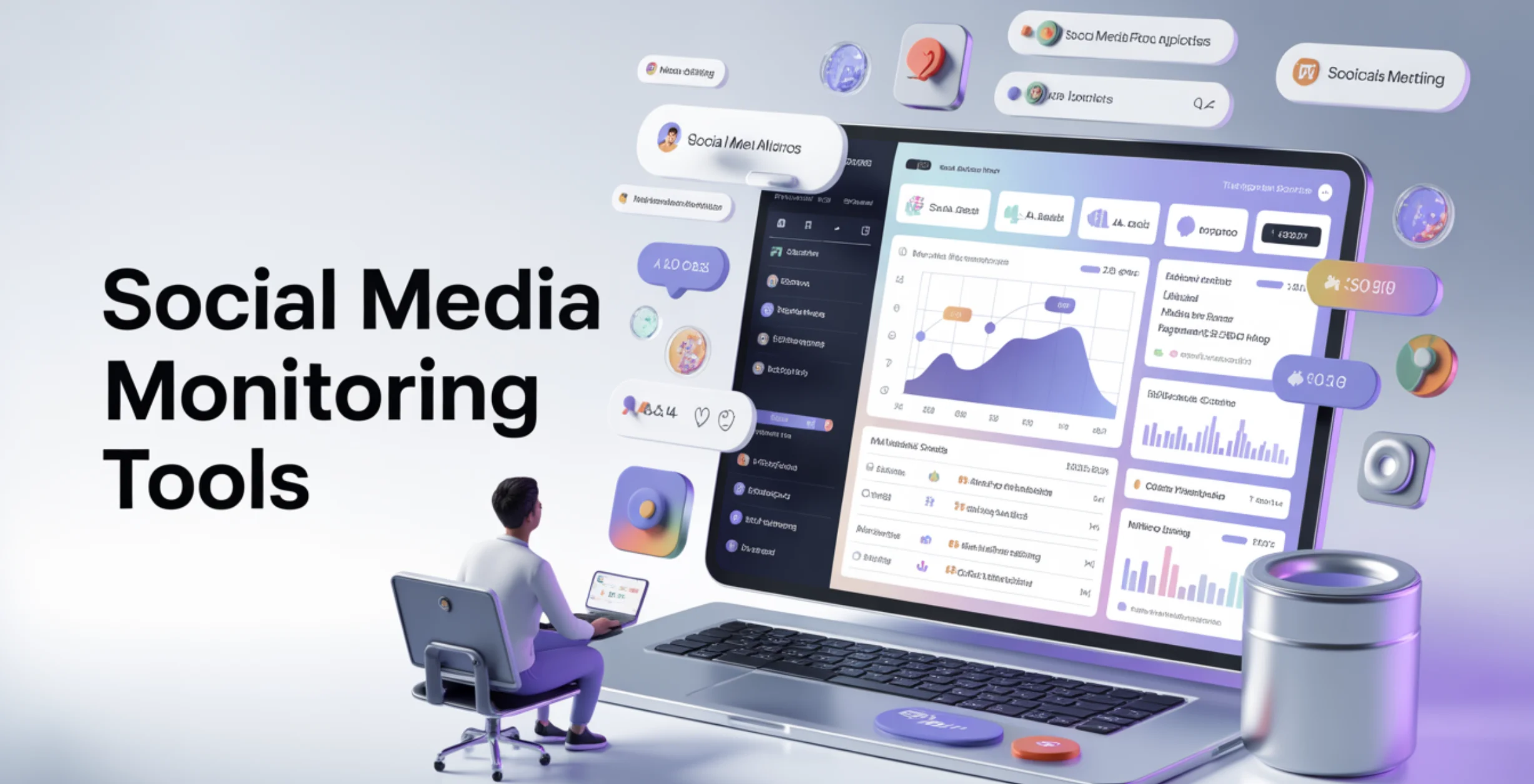Is your website a well-oiled machine generating leads and sales, or a black box leaving you clueless about its performance? With the ever-growing importance of digital marketing, a website is often a company’s first impression. But how can you truly understand if it’s working for you? Website analytics is the key to unlocking this mystery.
This blog will be answering your quistion on How can Businesses Benefit From Using Analytics on Their Website? We’ll look into the data that can help you make data-driven decisions, optimize your website for conversions, and ultimately turn those website visitors into loyal customers. Get ready to watch your website go from lackluster to a lead generation powerhouse!
Benefits of Using Analytics on Your Website

1. Understanding Customer Behavior
Benefit: Know what your customers want.
Analytics show you what your visitors are looking at, what they click on, and how long they stay on your site. This helps you understand their interests and needs, so you can better cater to them. to understand your customer better most businesses use CRM Software.
2. Improving User Experience
Benefit: Make your website more user-friendly.
Data from analytics can help you identify and fix issues like slow-loading pages or complicated navigation. This means a smoother, more enjoyable experience for your visitors.
3. Increasing Conversion Rates
Benefit: Turn visitors into customers.
By tracking metrics like bounce rates and click-through rates, you can see where you might be losing potential customers and make changes to keep them engaged and convert them into buyers. if more information you can check out our guide on Conversion Rate Optimization tools
4. Enhancing Marketing Strategies
Benefit: Spend your marketing budget wisely.
Analytics show you which marketing channels are bringing in the most traffic. This helps you focus your efforts and budget on what works best, leading to better results.
5. Personalizing Content
Benefit: Keep your audience engaged.
With analytics, you can create personalized content and offers for your visitors based on their behavior. This makes them feel valued and increases their chances of returning.
6. Identifying Trends and Opportunities
Benefit: Stay ahead of the curve.
By analyzing data, you can spot new trends and opportunities in your market. This allows you to adapt quickly and take advantage of new growth opportunities.
7. Competitive Analysis
Lorem ipsum dolor sit amet, consectetur adipiscing elit. Ut elit tellus, luctus nec ullamcorper mattis, pulvinar dapibus leo.
8. Optimizing SEO
Benefit: Improve your search rankings.
Analytics help you find the best keywords and understand user search behavior. This boosts your SEO efforts, making it easier for potential customers to find you.
9. Managing Resources Effectively
Benefit: Get the best return on investment.
Using data, you can track how well your resources are being used. This helps you manage your budget better and make informed decisions that maximize your ROI.
10. Supporting Data-Driven Decision Making
Benefit: Make smart business decisions.
Relying on data from analytics helps you make informed choices, ensuring that your strategies are based on facts rather than guesses. This leads to better business outcomes.
Getting Started with Analytics
Website analytics can be a goldmine of website user data, but getting started doesn’t have to be complicated. Here’s a quick guide:
1. Choose a Tool:
Start by choosing an analytics software.
2. Set Up & Track:
Create an Analytics account and add your website. You’ll receive a tracking code to install (most website platforms offer plugins to simplify this).
3. Explore the Dashboard:
Get familiar with the interface. Key areas include audience (visitor demographics), acquisition (traffic sources), behavior (user navigation), and conversions (desired actions).
4. Focus on Key Metrics:
Don’t get bogged down by data. Start with a few essentials like sessions (website interactions), users (individual visitors), pageviews (individual page loads), bounce rate (single-page visits), and conversion rate (desired actions completed).
5. Learn More:
Analytics software usually offers resources and tutorials. Numerous online courses can take you deeper.
By consistently analyzing your website’s data, you’ll be on your way to making data-driven decisions for a better online presence.
Top 5 Website Analytics Software
Choosing the right website analytics software depends on your specific needs and budget. Here are five of the top options to consider:
1. Google Analytics:

The free and user-friendly giant offers powerful features and vast data insights for businesses of all sizes.
- Pros: Free, user-friendly interface, powerful features, vast data insights, integration with other Google products.
- Cons: Limited customization options for complex needs, can be overwhelming for beginners.
- Best for: Businesses of all sizes looking for a comprehensive and free analytics solution.
2. Microsoft Power BI:

Perfect for Microsoft fans, Power BI excels at data visualization and complex analysis, ideal for mid-sized to large businesses.
- Pros: Excellent for data visualization, integrates seamlessly with Microsoft products (Excel), good for complex data analysis.
- Cons: Not free, requires some technical knowledge, has a steeper learning curve.
- Best for: Mid-sized to large businesses comfortable with Microsoft products and needing advanced data visualization tools.
3. Tableau:

Renowned for its drag-and-drop interface, Tableau creates stunning and clear dashboards for easy communication of insights, best for businesses seeking powerful data visualization tools.
- Pros: Renowned for its drag-and-drop interface for data visualization, excellent for creating clear and insightful dashboards, and large user community.
- Cons: Not free, requires some technical knowledge.
- Best for: Businesses looking for powerful data visualization tools for clear communication of insights.
4. Adobe Analytics:

The powerhouse for enterprises, Adobe Analytics offers robust features, powerful segmentation, and integration with other Adobe marketing products, but comes at a premium cost.
- Pros: Robust features for enterprise-level businesses, powerful data analysis and segmentation capabilities, and integration with other Adobe marketing products.
- Cons: Expensive, complex for beginners, requires a larger IT team for implementation.
- Best for: Large enterprises with complex data needs and a budget for a comprehensive marketing analytics suite.
5. Heap:

Deep dive into user behavior with Heap. It captures every user interaction for a comprehensive understanding of user journeys, ideal for businesses focused on user experience and conversion rate optimization.
- Pros: Focuses on user behavior analytics, captures every user interaction, good for understanding user journeys, user-friendly interface.
- Cons: Not free, may be overkill for simpler websites.
- Best for: Businesses looking for in-depth user behavior analytics to improve user experience and conversion rates.
Conclusion
Website analytics are no longer optional. They unlock data that transforms your website into a lead-generating machine. Understand your audience, optimize user experience, and make data-driven decisions for online success. Implement analytics, explore the data, and unleash your website’s potential. Remember, data is power – use it to outrun the competition and achieve your online goals.






